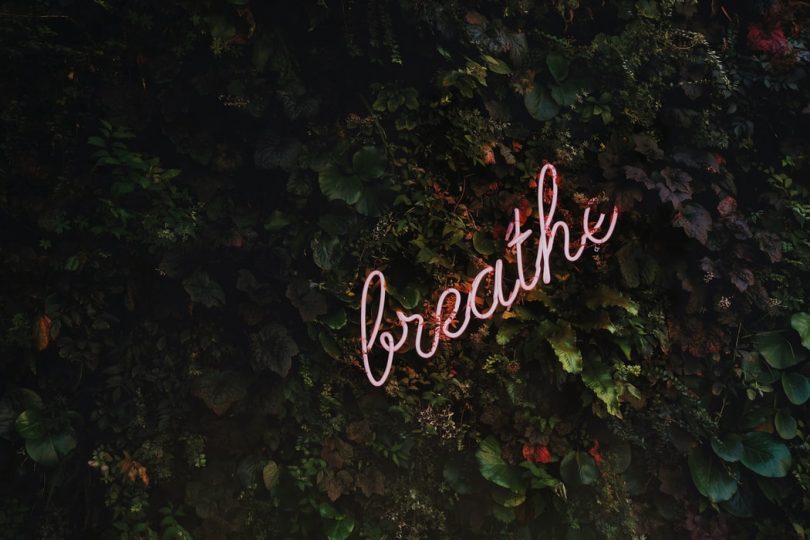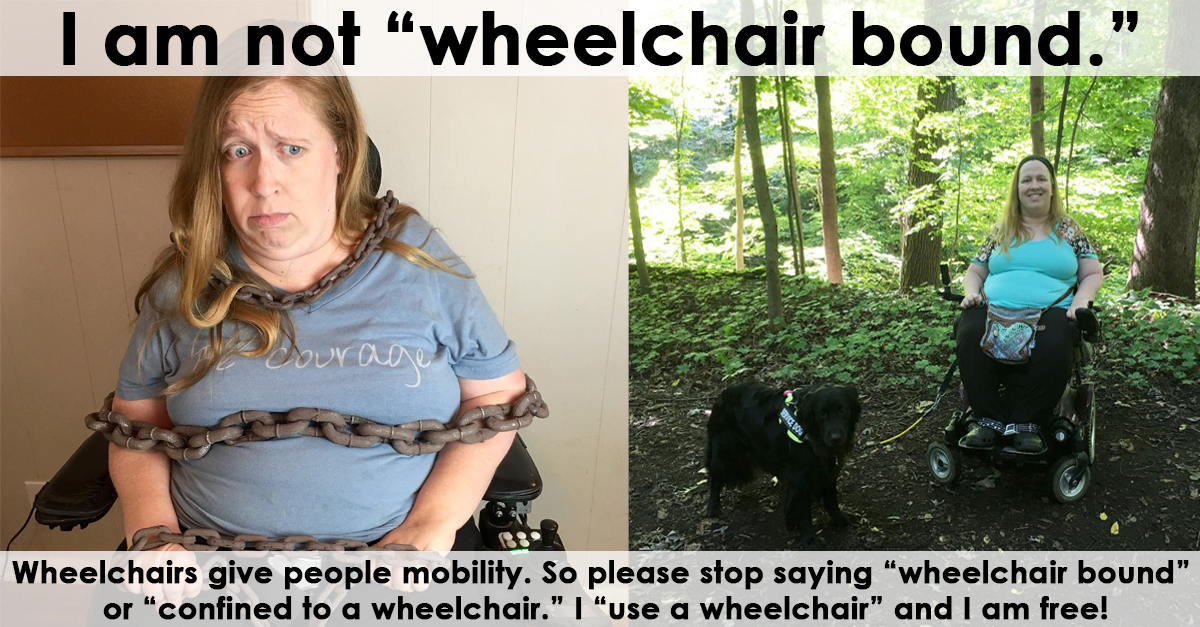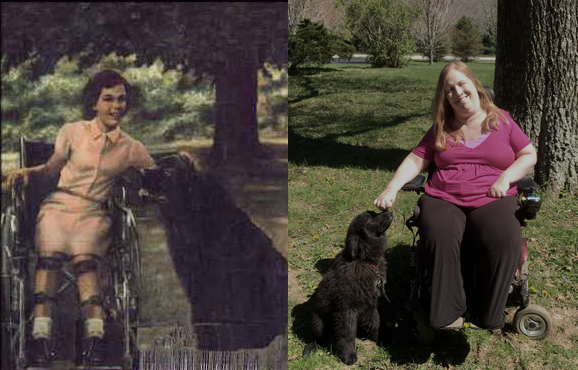People always praise the importance of self-care, but the experience is different for those with disabilities. According to endometriosis survivor Hannah Daisy, even the simplest of things can be a barrier. “Facing tasks like making the bed, washing the dishes, and doing the laundry can feel especially onerous [for someone who lives with an illness].” As such, it’s often not bubble baths or expensive massages that make many people feel empowered, but everyday victories like going outside and cooking.
View this post on Instagram
For people who live with chronic health conditions, self-care simply means being able to do the things you want — whether it’s something you’re not mentally prepared to do just yet or an everyday privilege that isn’t feasible because of your condition.
How can I practice self-care?
Being able to do the things you want to do is the first step. After all, you’re already taking strides to improve your emotional well-being, which is truly the root of self-care. However, it helps to have other activities to take your mental journey a step further. Here are some of the things you can do.
Journaling
Journaling your thoughts gives you an avenue to let it all out and look at things from a different perspective. In fact, a study on Bustle found that writing down your feelings can reduce intrusive thoughts, making it much easier to take a step back and feel less overwhelmed by your feelings. Start by recording daily events and how you feel about them. Were you worried? Did you like how things turned out? After a couple of weeks, look back at some of the things you’ve written. You’d be surprised to see all the progress you’ve made since then.
Meditation
Studies on BioMed Central explored the many benefits of meditation for mental wellness, from preventing anxiety to slowing the progression of age-induced mental diseases. After all, meditating entails slowing down and focusing on what’s around you — a practice that helps calm the mind and bring awareness to the present. In fact, physicians at Parsley Health outline that mindful meditating calms the amygdala — the part of the brain that’s in charge of your flight or fight response. This is also why meditation is linked to lower stress levels and anxiety, as you’re able to process stressful situations more calmly. Build the habit by meditating for at least five minutes a day, and slowly extending your sessions whenever it feels right.
Volunteer
Self-care doesn’t always have to be physical. Sometimes, it’s the nice things that you do for others that make you feel loved in return. Researchers at the University of Hong Kong suggest that volunteers show signs of higher self-esteem, lower depressive symptoms, and a more positive outlook on life. Helping and working with others allows you to form meaningful connections, which is good for your overall self-esteem and sense of self-worth. Organizations such as The Arc and global movements like Spark the Change have programs that purposefully call on volunteers with disabilities so they can be role models for others by sharing their stories.
Self-care is for everyone, even for those with wheelchairs, chronic illnesses, and other conditions. People with disabilities deserve to feel good about ourselves too. So whatever you want self-care to mean to you is enough — and it doesn’t always have to be about luxurious vacations or retail splurges.








